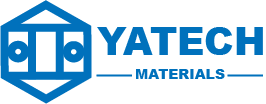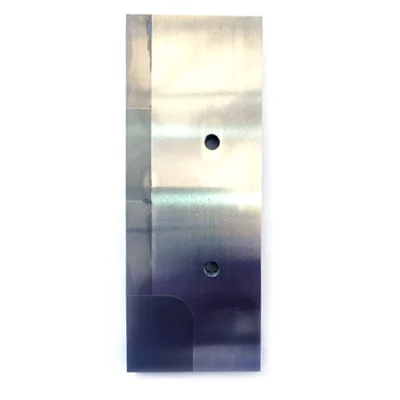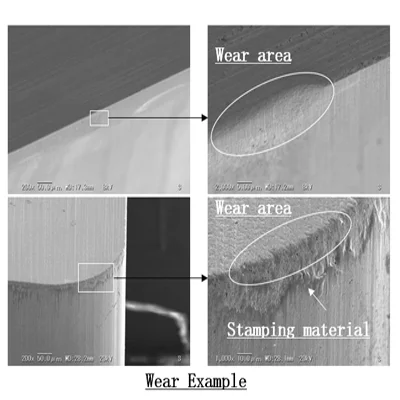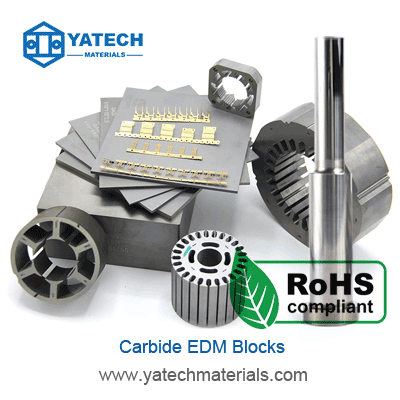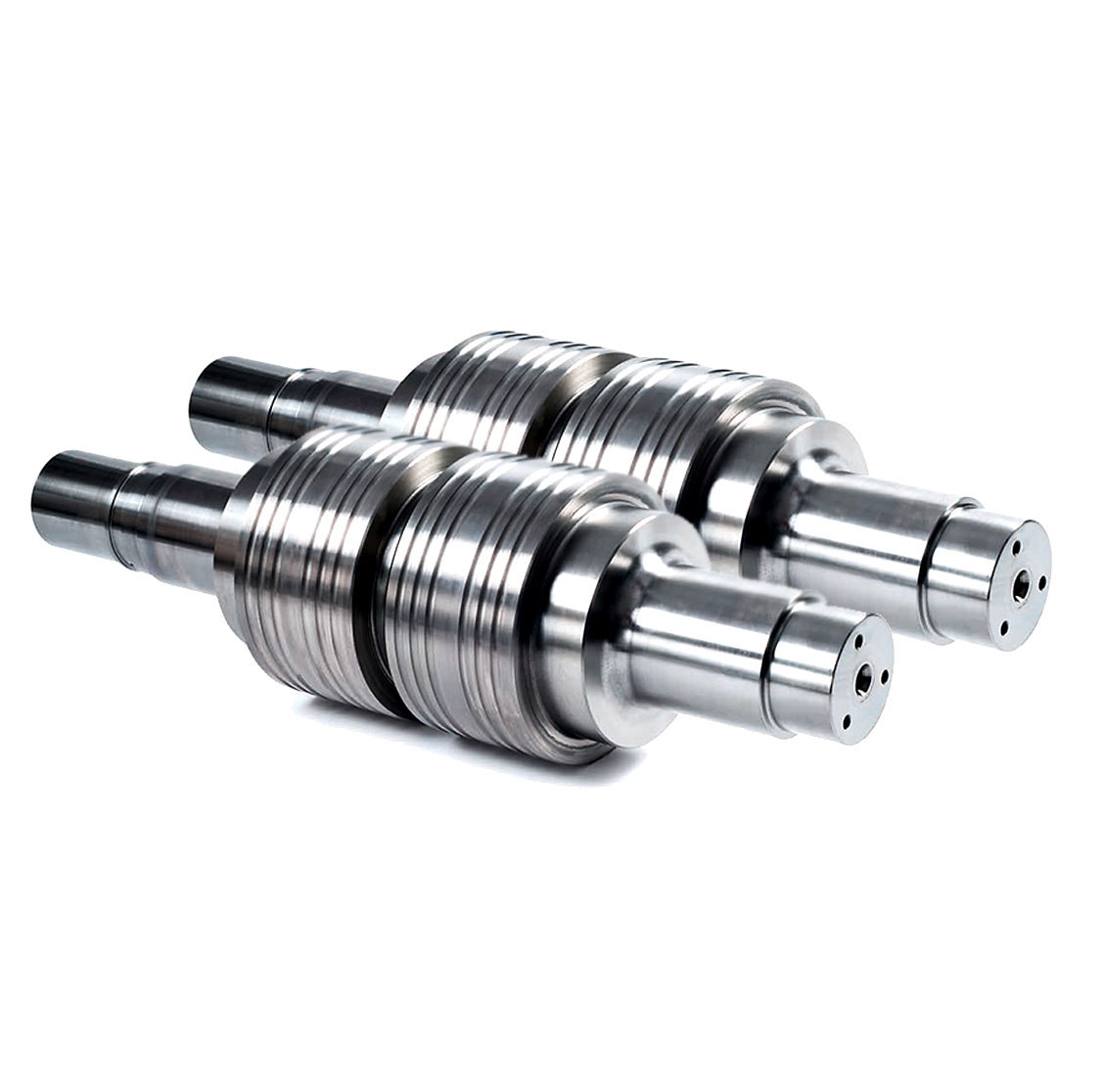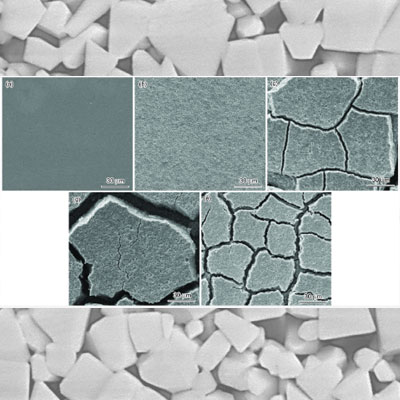
High Corrosion Resistance Tungsten Carbide
What is corrosion resistant tungsten carbide?
To address tungsten carbide’s issues during WEDM processing, we have created anti-corrosive tungsten carbide using cutting-edge material science and technology. This enhances its stability and resistance to corrosion, significantly increasing mold service life.
The principle of anti–corrosion involves mixing carbide rare elements (like chromium, vanadium, molybdenum, niobium, etc.) with anti–corrosion properties into the powder dosing during the preparation stage. This prevents corrosion from occurring. When the corrosion-resistant cemented carbide comes into contact with a corrosive body, the rare elements serve as a protective shield, creating a thin layer of protective oxide that insulates the surface of the carbide from the surrounding environment, thereby stopping the corrosion from progressing. As the elements are evenly mixed, the protection is continuous and unaffected by machining, preventing it from wearing off.
The benefits of using corrosion–resistant carbide material include:
1. Lower costs for filtering the medium (water) during wire cutting.
2. Decreased costs associated with additional processes and quality reduction resulting from corrosion on the workpiece.
3. Maintains surface brightness and prevents microscopic cross-sections that can lead to faster die wear or cracking.
The corrosion resistance of Cemented Carbide is a crucial factor for stamping dies and punches subjected to electrical discharge machining. Due to the fine cracks that are not visible to the naked eye produced by electrical discharge machining, advanced material science and technology have been utilized to add other carbides to tungsten carbide and cobalt tungsten carbide. This has resulted in an improved corrosion resistance for tungsten carbide during electrical discharge and a reduction in micro-cracks.
Result of Corrosion Resistance test with weight-loss method in 10% HCl Solution
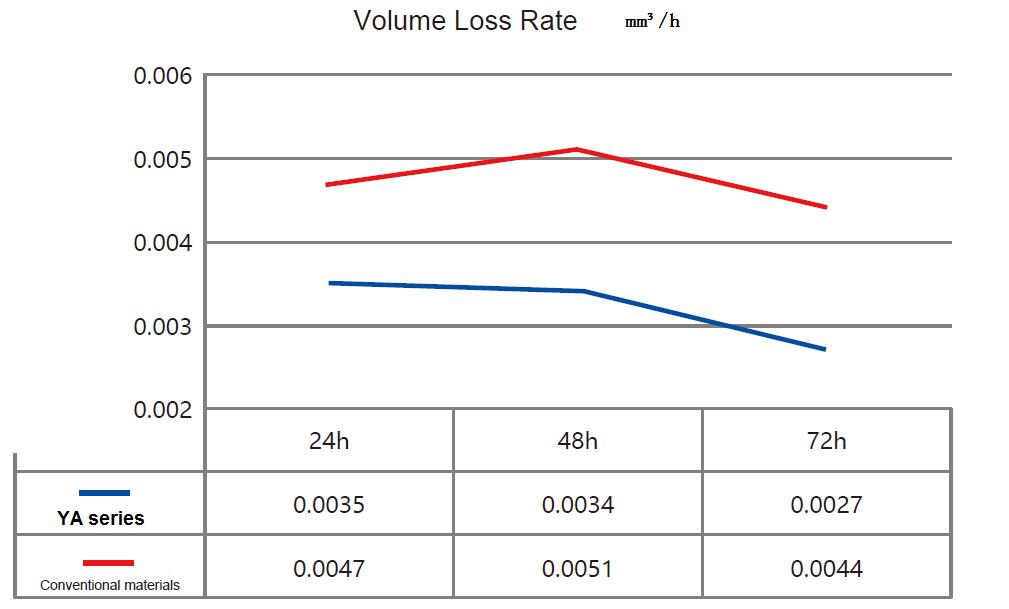
Result of Electrochemical Corrosion Test
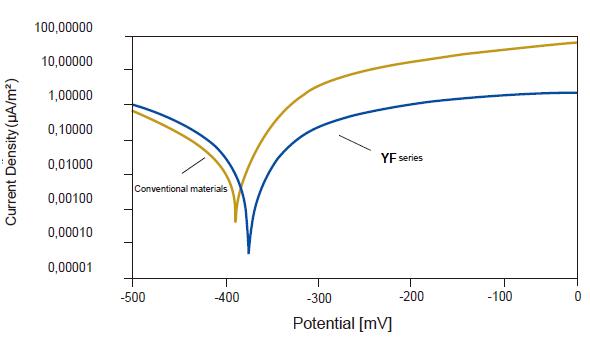
The two test results show that the corrosion resistance of the 5th generation carbide has been significantly improved. Before the binder cobalt is decomposed, the corrosion-resistant material will continuously self-produce a protective layer, thereby greatly reducing corrosion rate.
Choose our Cemented Carbide to make your stamping dies last longer, be more stable, and cost less.
More information for Carbide EDM Blocks

